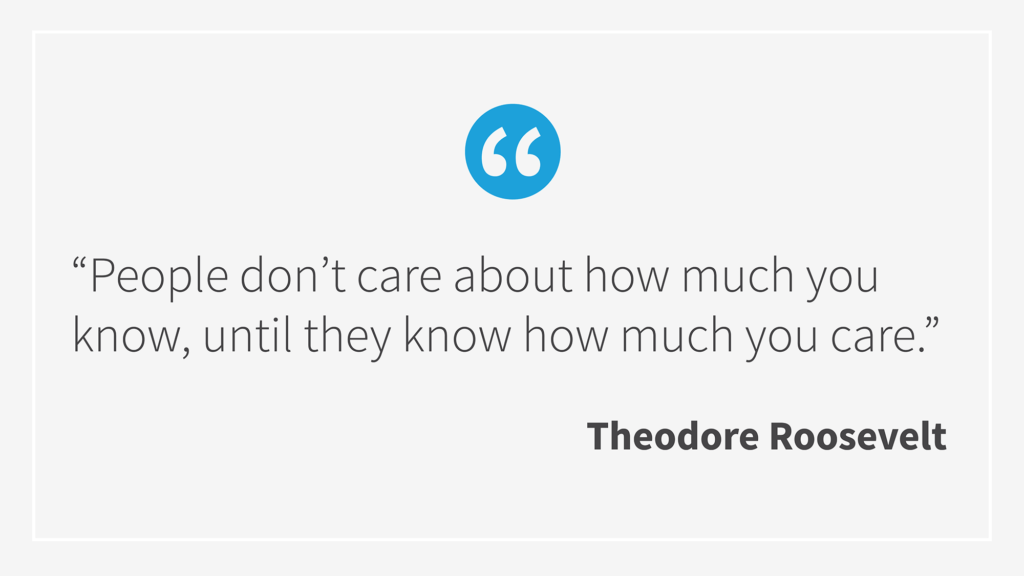
Whether you are a consultant, a leader, a recent graduate or an entrepreneur, having a strong and unique personal brand can get you noticed by prospective clients, business partners, and employers.
Companies have long known the power of branding – today the same concepts can have a huge return for personal success. Performance is important, but believe it or not, professional success can be just as dependent on your personal brand. In today’s multi-cultural, global business world, organizations expect employees to build relationships while achieving desired results.
Understanding and controlling your personal brand can help you:
- Establish expertise as a thought leader;
- Find a new job, or have opportunities for advancement;
- Create opportunities and partnerships;
- Improve networking;
- Build credibility and connections.
Personal branding is not only important to individuals, but corporations as well. Strong personal brands add value to corporate brands. It can increase publicity and visibility and build organizational credibility. Having employee personal brands that are aligned with our corporate brand also gives a human connection to the organization.
Let’s get one thing clear – a Brand is not a logo. A brand is an experience you create, a collection of perceptions in the mind of your audience. Think about some prominent Canadian personal brands; Mayor Naheed Nenshi, Don Cherry, or Chris Hadfield. What are they known for? What do they stand for? Do you have a set of expectations for those individuals? Personal brands allow individuals to differentiate themselves by consistently telling their unique story.
Without personal branding you can become a commodity, lose your competitive edge, miss out on career or contact opportunities, and limit your reach.
Here are 4 steps to personal branding:
1. Take Inventory of Your Brand
Take some time to gain insights
- What do you value?
- What are you passionate about?
- What motivates you to reach your goals?
- What makes you remarkable?
Next,
- What are
compliments that you typically get? - What are you known for?
- What questions are people always coming to you for?
- Why are you chosen or not chosen for specific projects?
2. Develop a Plan
Much like a company would do, create a personal brand statement. Identify a target market (perhaps by niche or job title, think about who you solve problems for). Next, define how you get the job done differently and what the benefits of that outcome
“I am an accountant who helps owners of small manufacturing businesses develop and execute long-term plans that guarantee firm continuity. No other Chartered Accountant in the market can combine innovative problem solving with resources, industry contacts,
“I am a senior marketing leader who enables mid-size organizations to reach the next level by translating research into insight-driven strategic plans and managing campaigns that guarantee business results. I have over 12 years of business, marketing, and sales experience across dozens of industries that allows me to align data, art, and intelligence.”

3. Communicate Your Personal Brand
When
you are communicating your personal brand keep in mind credibility,
consistency, relevancy and a bit of humility. There are a number of tangible
and intangible tools you can use to communicate your personal brand.
| Tangible | Intangible |
|---|---|
| LinkedIn Profile (image and content) Website Blogs Podcast Social Networks Events Off-line Publishing Speaking Engagements Business Cards Resume | Appearances Competencies Personality Personal Vision and Goals Values Consistency |
4. Measure and Maintain
Just like any plan, if you want it to work, you need to set goals to measure and make adjustments along the way. Set Google Alerts for your name, your company’s name, and any associations you belong to. Set goals for things like posting on social networks, writing an article, or simply engaging in relevant conversations online. You can put a quick reminder once a week in your calendar. Set goals for networking events and cultivate existing relationships. Try to lead every new relationship with something you have to offer, be genuinely interested and helpful in your exchanges.
The key to your personal brand is YOU! Make sure you are authentic and you evolve to stay relevant. Tom Peters, a management guru says, “We are CEOs of our own companies: Me Inc. To be in business today, our most important job is to be head marketing for the brand called you.”
If you would like more insight on personal branding, contact us today.

